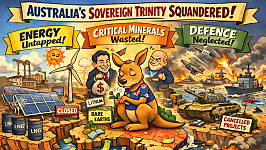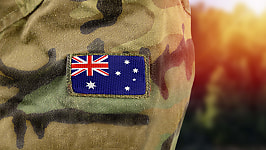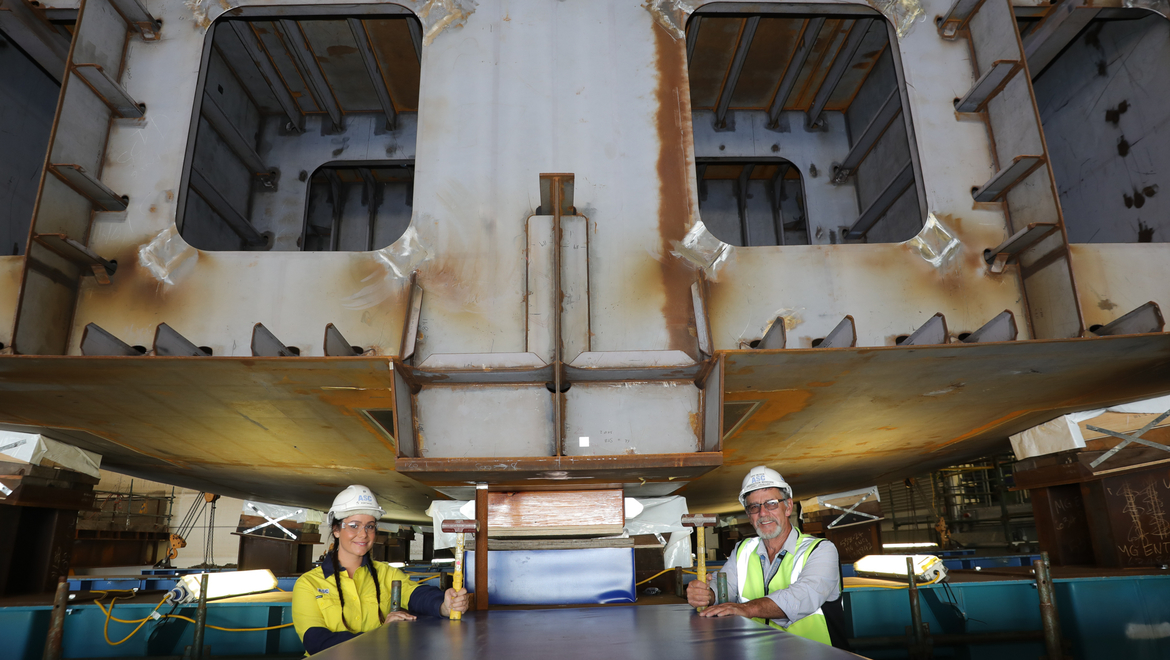BAE Systems has hit back at allegations from the defence industry network that Australians are being cut out of the Future Frigate supply chain. The news comes after a report surfaced in The Australian newspaper yesterday, detailing the company’s plans to restrict tenders for the first batch of three Hunter Class frigates to British suppliers.
“AIDN is concerned to learn that BAE Systems and Defence have decided to appoint foreign suppliers into the Hunter program without allowing Australian companies the ability to compete in a fair and equitable manner,” Australian Industry Defence Network (AIDN) chief executive Brent Clark said.
“To change established supply chains for future ship builds in itself introduces levels of risk that may impact on cost and schedule.
“If the intention truly is for Australian companies to be introduced at a later point in the process then it would appear to make more sense to bring them into the supply chain from the outset.”
On its part, subsidiary ASC Shipbuilding looked to allay concerns it was not living up to Australian industry content requirements, arguing that local firms will be progressively integrated into the nine-ship program. The company also said that there are simply no suppliers from which to source many integral components for the build – citing gas turbines, gearboxes, diesel generators and steering equipment as examples.
ASC Shipbuilding managing director Craig Lockhart said that the company is "backed by a track record of growing the capability of Australian companies in the defence industry".
BAE Systems Australia includes over 1,500 domestic companies in our supply chain and spends more than $300 million annually across this spectrum.
“Specific equipment or systems required for the Hunter Class are not currently designed or made in Australia. In these specific cases we have made the decision with the Commonwealth to appoint suppliers to the first batch of ships that while not Australian can deliver the capability that is required first and foremost, and without putting at risk the schedule,” Lockhart said.
“In the cases where an Australian company has not been appointed we have instructed the original equipment manufacturers to develop plans to maximise the use of Australian industry in the design, manufacturer, test and installation of their equipment and systems during batch 1.
“In these specific cases we have made the decision with the Commonwealth to appoint suppliers to the first batch of ships that, while not Australian, can first and foremost deliver the capability that is required, and can do so without putting at risk the schedule.
“If an Australian company is not involved in batch 1, it does not mean they will not be involved on batch 2 or 3. We are confident that our approach to growing capability in Australia’s industry will see a growing proportion of Australian companies contracted to the program over the life of the program, ultimately gaining the knowledge and skills necessary to deliver what is needed on Hunter and to grow a sovereign shipbuilding industry.”
The company said it is on track to meet its contractual commitment to spend at least 54 per cent of the total contract value in Australia during the initial design and production phase, and remains confident that it can "achieve north of 60 per cent of Australian industry content over the life of the program".








